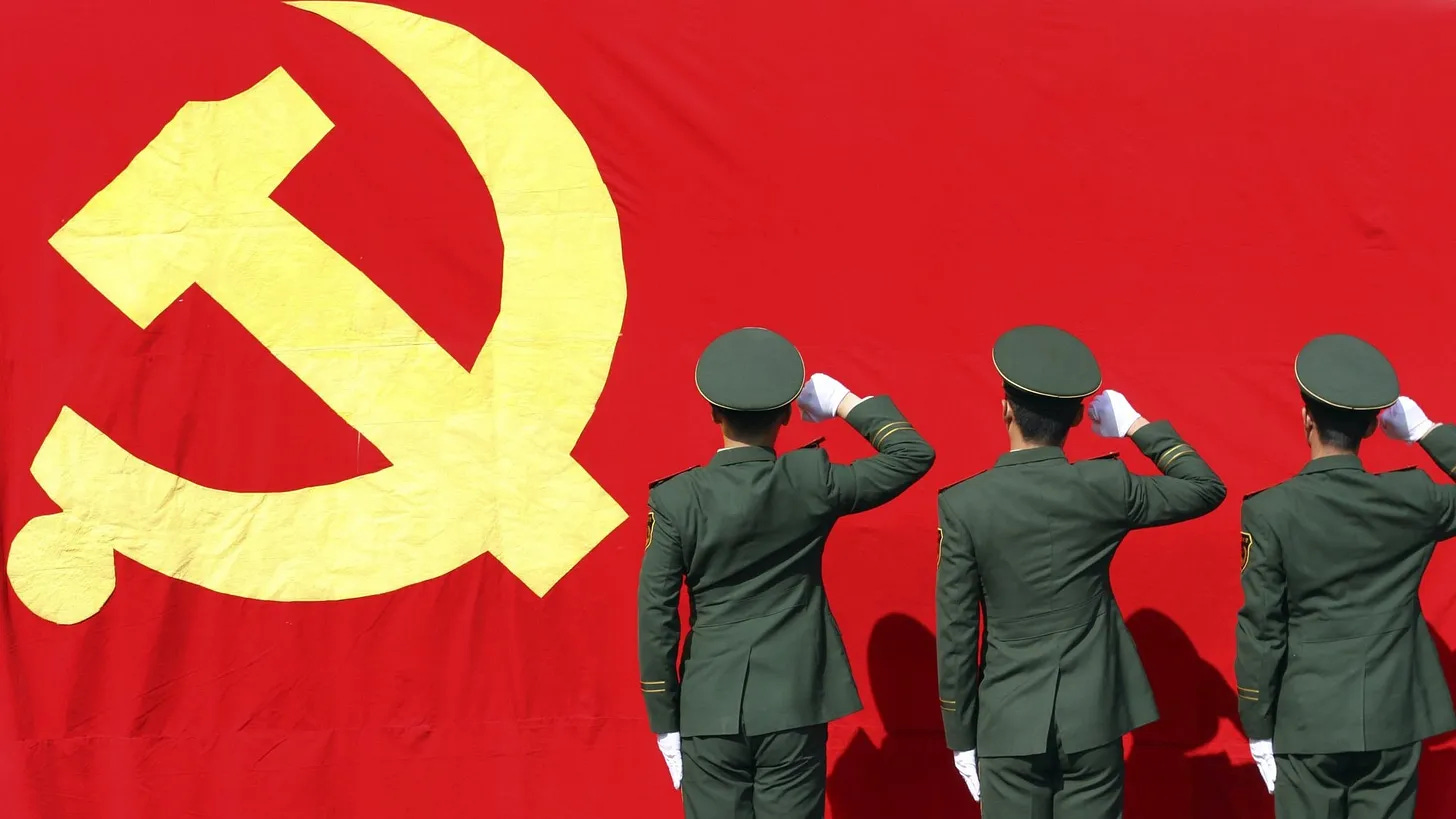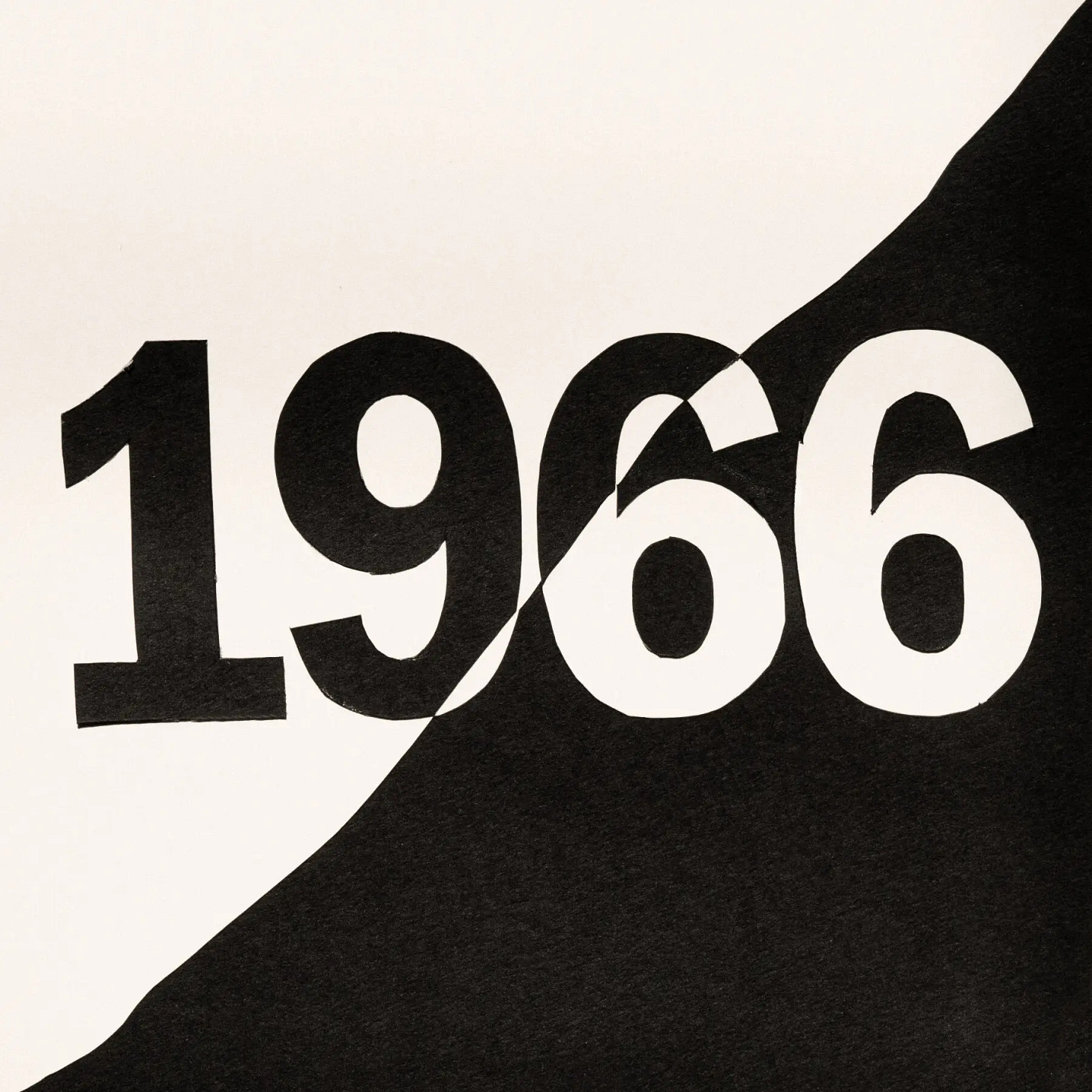Is “toxic wokeness” a greater threat than the Chinese Communist Party?
For FAIR’s Substack, FAIR’s Policy Analyst and Substack Editor Grayson Slover writes about why he thinks Mike Pompeo’s recent argument that “Toxic wokeness in schools is a bigger threat than the Chinese Communist Party” has some truth to it.
This all-encompassing push for “equity” means that high-achieving American students will not have the opportunity to develop to their full academic potential. Instead of being challenged in advanced placement classes, they will be made to sit through unit after unit of material they’ve already mastered, just to help school officials and policymakers achieve outcomes that misleadingly make students look equal on paper. For every gifted student we neglect, we risk losing out on the next great American innovator or entrepreneur. Those students could grow up to make groundbreaking discoveries in quantum computing or artificial intelligence, helping us thwart China’s plans to lead the world in both of these fields.
Today’s Woke Excesses Were Born in the ’60s
For the New York Times, FAIR Advisor John McWhorter writes about why he believes 1966 was such a pivotal point in the civil rights movement and how our cultural discourse has evolved since then.
Various books I’ve been reading lately have me thinking about 1966. I have often said that the history of Black America could be divided between what happened before and after that year.
It was a year when the fight for Black equality shifted sharply in mood, ushering in an era in which rhetoric overtook actual game plans for action. It planted the seed for the excesses of today’s wokeness. I wouldn’t have been on board, and I’m glad I was only a baby that year and didn’t have to face it as a mature person.
The difference between Black America in 1960 and in 1970 appears vaster to me than it was between the start and end of any other decade since the 1860s, after Emancipation. And in 1966 specifically, Stokely Carmichael made his iconic speech about a separatist Black Power, the Student Nonviolent Coordinating Committee he led expelled its white members (though Carmichael himself did not advocate this), the Black Panther Party was born, “Black” replaced “Negro” as the preferred term, the Afro went mainstream, and Malcolm X’s “The Autobiography of Malcolm X” (written with Alex Haley) became a standard text for Black readers.
How to Define ‘Woke’
For National Review, FAIR Advisor Wilfred Reilly writes about how he defines “woke” and why he believes we should continue to use the term.
All of this is frankly pretty silly. Many political terms (“fascism”) are as slippery as greased lobbyists, and this one is hardly the toughest to figure out. What is woke, then? The definition from the meme is actually rock-solid: a “woke” person, or “social-justice warrior,” is someone who believes that (1) the institutions of American society are currently and intentionally set up to oppress (minorities, women, the poor, fat people, etc.), (2) virtually all gaps in performance between large groups prove that this oppression exists, and (3) the solution to this is equity — which means proportional representation regardless of performance or qualifications.
Is DEI Good (Enough)?
For Heterodox: The Blog, Megan Lonsinger explains that DEI initiatives should not supersede our freedom to speak, write, and think freely on campus.
Reported self-censorship has not improved, and as some have argued, free-speech issues have worsened in recent years. I acknowledge that an ideological position might overlap with or even derive from a person’s identity affiliation, and that the fear of expressing the former may relate to the latter in some cases. It is because there may be identitarian and ideological overlap that I can confidently assert unwavering support for the principles of academic freedom. To support academic freedom is to support the full, equitable participation of all students in conversation, collaboration, and — yes — disagreement with one another and their instructors. The principles of academic freedom must be defended not irrespective of the diversity of identities or ideologies on campus but because of this diversity.
Correcting the Record on Social Transition
For City Journal, Ilya Shapiro, Leor Sapir, John Ketcham write about the emerging issue in public education of school officials’ secret “social transitioning” of children into alternate gender identities.
Researchers and clinicians treating gender-distressed youths have similarly expressed concern that social transition can lock in a temporary phase of identity development and unnecessarily make accepting one’s sex and coming to terms with one’s body more difficult. A 2013 study found that social transition was associated with the persistence of gender dysphoria—but the authors could not state with confidence whether transition perpetuated these feelings, or whether those who would not have desisted naturally were more likely to have socially transitioned. A 2022 study by researchers who intended to show that “trans kids know who they are” and rarely change their minds inadvertently supported the first hypothesis. The social transitioning of children interferes with the natural process of desistence and increases the chances of unnecessary, harmful medicalization.
FAIR News Podcast
For audio versions of our FAIR News and FAIR Weekly Roundup newsletters, subscribe and listen to FAIR News Weekly on Apple Podcasts, Spotify, Google Podcasts, or via RSS feed.
Join the FAIR Community
Become a FAIR volunteer or to join a FAIR chapter.
Join a Welcome to FAIR Zoom information session to learn more about our mission, or watch a previously recorded session in the Members section of www.fairforall.org.
Take the Pro-Human Pledge and help promote a common culture based on fairness, understanding, and humanity.
Support FAIR and the pro-human movement with a tax-deductible donation.
Share your reviews and inform our legal team of incidents on our FAIR Transparency website.










